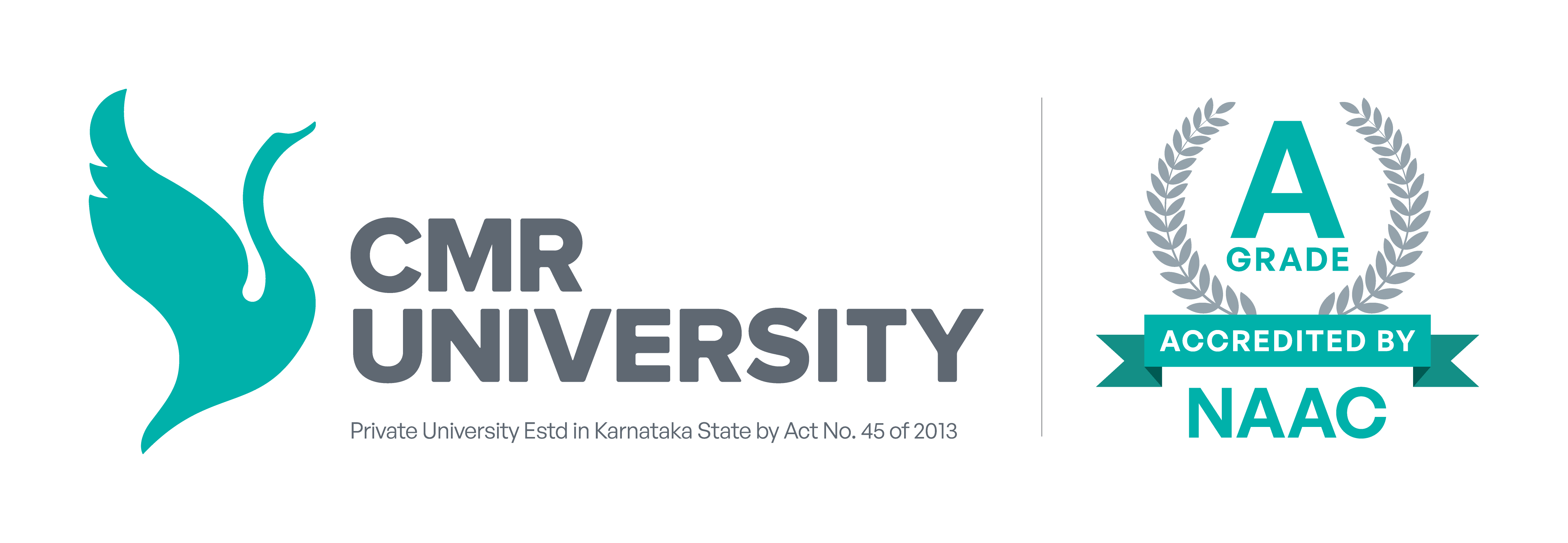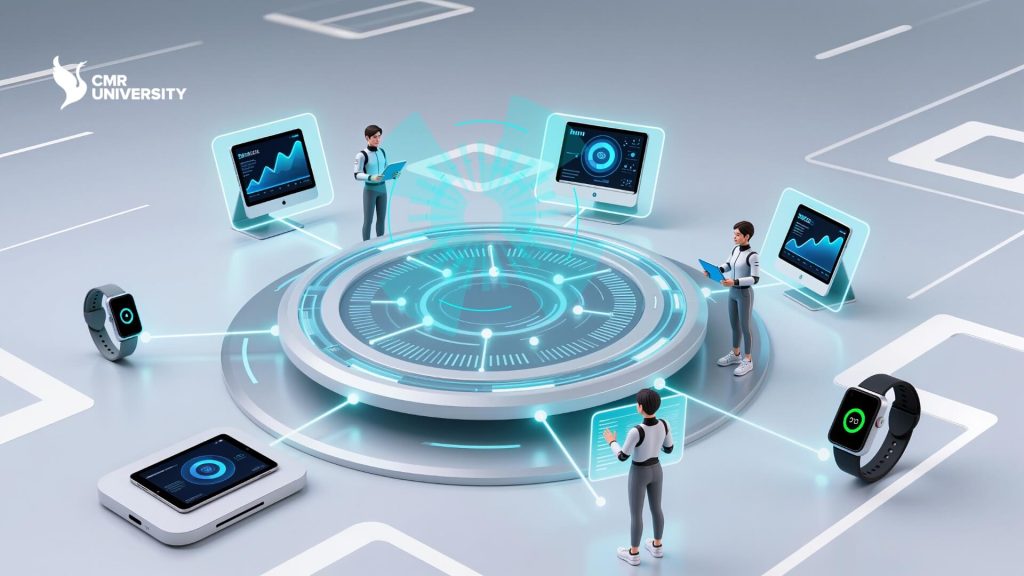What is the duration of the BBA in Tourism and Hospitality programme?
The BBA in Tourism and Hospitality is a 3-year undergraduate programme divided into 6 semesters. It blends core business and management education with specialized training in travel, tourism operations, hospitality services, hotel management, and customer experience.
What makes the BBA in Tourism and Hospitality different from a regular BBA?
While a regular BBA covers general business administration, this programme focuses on the travel and hospitality sector. It includes modules on tourism marketing, hotel operations, event planning, aviation services, and destination management—preparing students for careers in India’s and the world’s growing travel economy.
Can I specialise within the BBA in Tourism and Hospitality programme?
Yes. The programme offers elective tracks in areas such as:
- Hotel & Resort Operations
- Travel Agency & Tour Management
- MICE (Meetings, Incentives, Conferences & Exhibitions)
- Aviation and Airport Services
- Sustainable & Eco-Tourism
- Cruise and Luxury Travel Management
What are the career prospects after completing a BBA in Tourism and Hospitality?
Graduates can pursue diverse roles in the tourism and hospitality sector, including:
- Guest Relations Executive
- Travel Consultant / Tour Planner
- Hotel Front Office Manager
- Airline Ground Staff / Airport Operations Executive
- Event Coordinator / Hospitality Manager
- Cruise Line Staff
- Tourism Promotion Officer
- Reservation & Ticketing Executive
- Luxury Travel or Destination Curator
Can I pursue higher studies after BBA in Tourism and Hospitality?
Yes. Popular options include:
- MBA in Hospitality, Travel, or Tourism Management
- MSc in International Hotel Management or Event Management
- PG Diploma in Aviation, Cruise, or Tourism Studies
- Certifications in IATA, Galileo/Amadeus, Hospitality Management, or Sustainable Tourism
What skills will I develop during this programme? Students will acquire:
Students will acquire:
- Knowledge of global and Indian tourism trends
- Skills in hotel and resort operations
- Proficiency in travel software and booking platforms
- Customer service and people management skills
- Event and experience planning expertise
- Marketing and destination branding know-how
- Crisis management, sustainability, and cultural sensitivity
Is there an internship as part of the course?
Yes. Internships are integrated with opportunities in hotels, airlines, tour agencies, event firms, and tourism boards. Students also engage in live projects, field visits, and real-time experience with hospitality clients and partners.
What is the eligibility criteria for admission?
Candidates must have completed 12th Grade / PUC or equivalent from any stream. A passion for hospitality, travel, customer service, and multicultural interaction is desirable.
Are there placement opportunities for Tourism and Hospitality students?
Yes. The university has strong placement support with tie-ups across top hotel chains, airlines, tourism firms, and travel tech startups. Resume-building, communication skills, and domain-specific training are embedded from year one.
What is the admission process for BBA in Tourism and Hospitality?
- Eligibility Check: Completion of 12th/PUC or equivalent from any stream
- Application: Submit the online application through the university’s admission portal
- Selection: Based on document verification, entrance test (CMRUAT if applicable), and personal interview
- Enrollment: Selected candidates receive an offer letter and complete the admission process with fee payment and orientation
Who are the recruiters for this programme?
- Hotels & Resorts
- Travel & Tour Operators
- Aviation & Airlines
- Cruise Liners & Luxury Travel
- Event Management & MICE (Meetings, Incentives, Conferences & Exhibitions)
- Destination Management Companies (DMCs)
- State & National Tourism Boards
- Hospitality Tech Startups & OTAs
- Retail & Leisure Sector
- International Opportunities






























